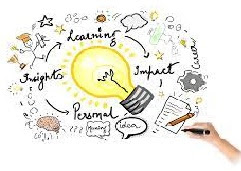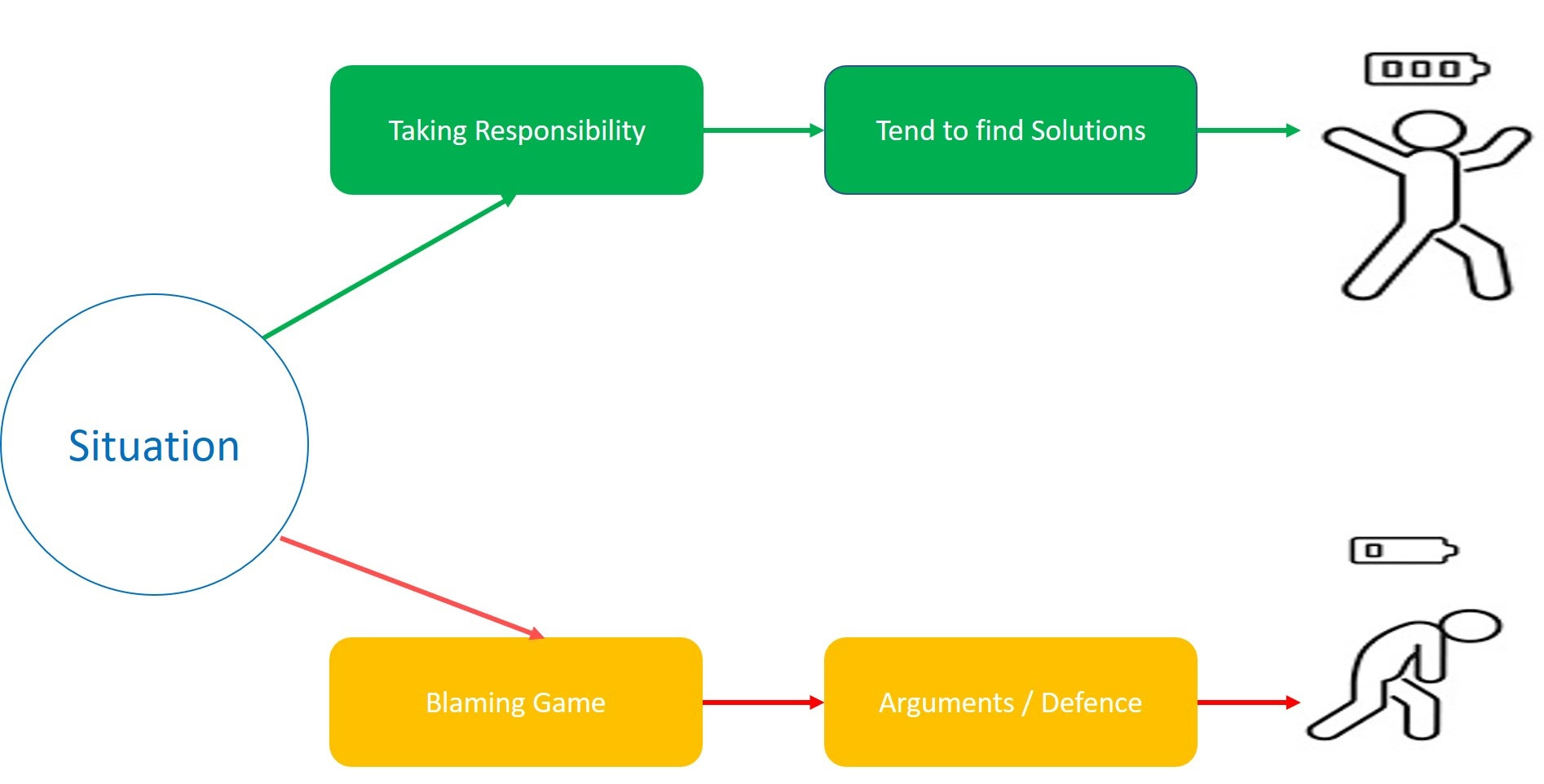How to LEARN effectively?
(Execution Excellence -"Ability to get things done" Series)

Information access is not a problem in today's internet age like earlier. However, authentic learning is about understanding the concept, its application, its variation in different contexts, and its insights.
There are various approaches to learning, and one needs to choose the choice of combination consistently.
Self-learning:
Get interested in any subject /topic, pick up suitable media like books, online courses, and YouTube videos, listen to expert interviews, attend seminars, etc.
This type of learning needs self-initiative, interest, and focus.
At the beginning of my career, fortunately, one of my bosses introduced me to many books on manufacturing systems, which helped me get more interested in those subjects. Eventually, i extended to other subjects, which improved my learning interest.
Observing others @ workplace:
Observing others @ workplace is one of the most effective learning processes for developing behavior and management style. We shall observe the bosses, colleagues even junior colleagues from whom we can learn what to do and don't. (Good and bad behavior
 ).
).Through observation, i learned a lot from my bosses about handling conflicts and the communication process,
You might have realized some of the mannerisms you got from your bosses and peers as they inspired and impacted you.
Being part of a cross-functional team:
Working with a diverse team is one of the best ways to learn more about ourselves. It brings a new dimension to our skills in managing interpersonal aspects, persuasion skills, and ability to tolerate others. When we work with others, we become vulnerable and expose our natural strengths and weakness of ourselves. That introspection will be effective learning.
People will learn more in a project management environment of any size than in a functional setup. That is why some organizations encourage more of the CFT approach in solving organizational problems in which people learn and contribute more, and the energy level would be enhanced.
Learning through Teaching :
The learning pyramid model advocates that one can learn more by teaching others than by any other form of learning.
Teaching means sharing what you learned with others the way they understand. In the process, you are thinking more about the concept, its application, and its example and learning the art of communication.
This teaching process will make our learning more effective as we internalize it.
Where can we start teaching?
We can start teaching with our colleagues and internal team. As a manager/leader, one must spend time with others to share their experiences and learnings. Teaching makes us effective learners of concepts and communication skills. Teaching needs passion and patience.
In summary,
- learning can occur in any format and combination, depending on the individual and subject.
- We must be aware of the learning approaches and open enough for continuous learning, as learning will shape us to the next level and be energetic.
Have a great week ahead!








